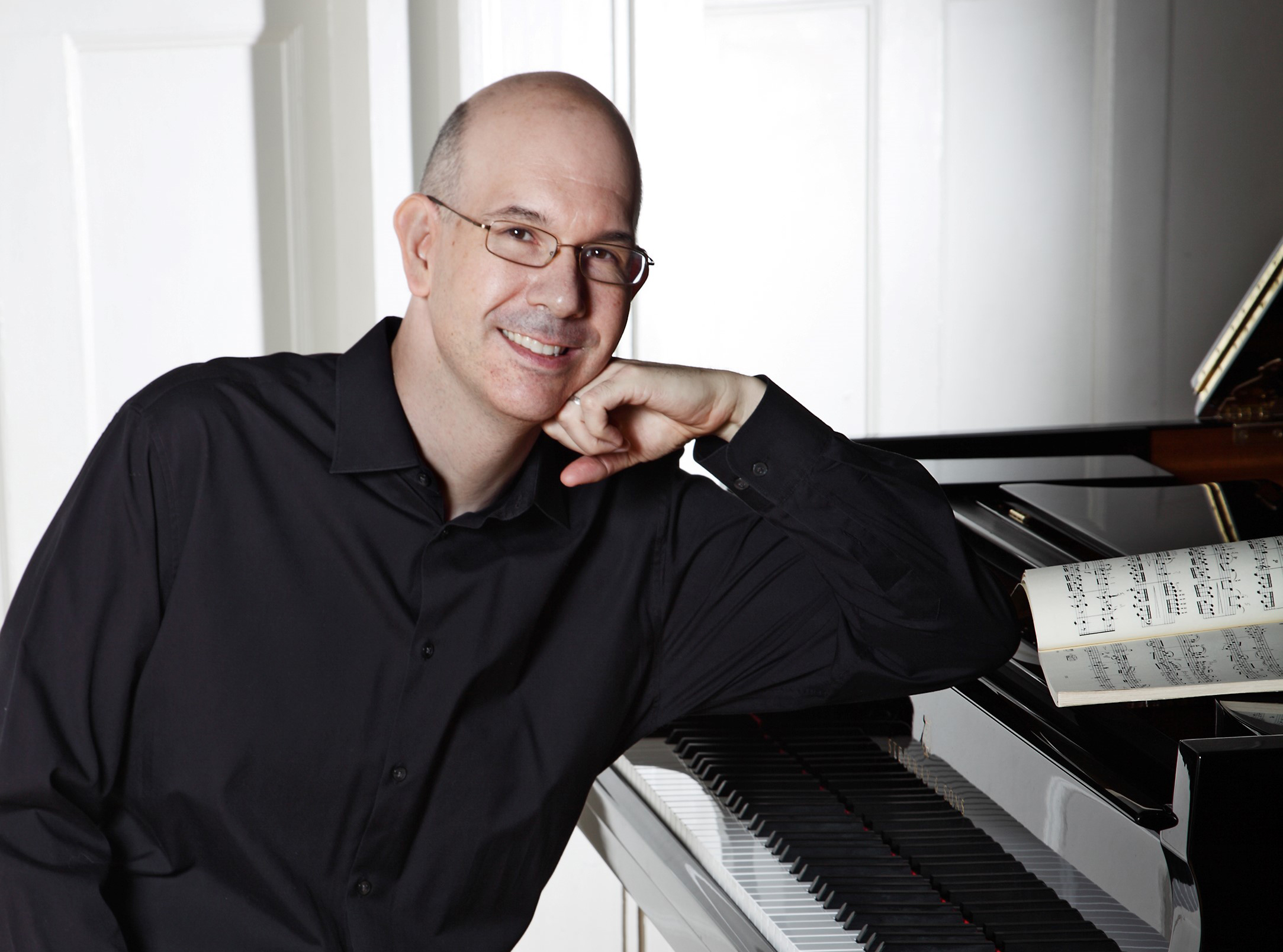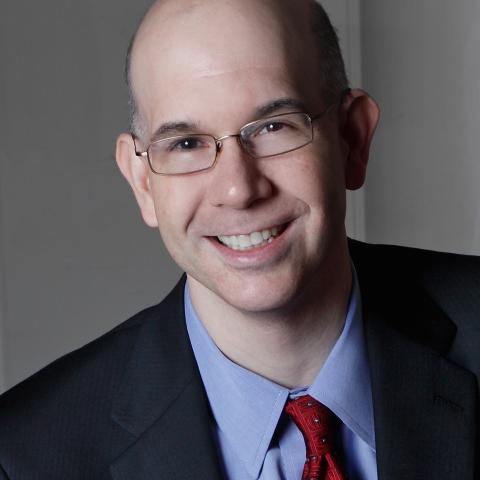MIC Pianist Matthew Hagle "Phantoms of Countless Lost"

Nichols Concert Hall
1490 Chicago Ave
Evanston, IL 60201
United States
General Admission: $30
Works by Beethoven, Liszt, Ravel, and Prokofiev
This program is made possible with support from John and Kathy Piepgras.
A PROGRAM Note from MATTHEW HAGLE:
“Phantoms of Countless Lost”
This program will be an exploration of how great composers have used the piano to explore human responses to the experience of war. There is a wide range of styles and responses involved, ranging from Beethoven to Prokofiev, and a variety of genres, ranging from the expressive and personal to the monumental and heroic.
This is a program I’ve long thought of doing, but when it first occurred to me, I was busy with other projects, including performing the complete Beethoven piano sonatas and all of the late piano music of Brahms. But it’s always been in my mind. In recent years, Nichols Concert Hall at the Music Institute of Chicago has kindly allowed me to present some programs that explore the ramifications of a single idea, and it seemed to me that this program fit perfectly within that project. This type of concert provides a “meditative space” for processing the sounds and emotions that go with this topic - a topic which, sadly, is always relevant. While recent events have provided us with immediate and intense images of conflict, these musical images from other times and places may yet provide another set of perspectives, manifested in these beautiful sounds.
The pieces for this program are some of the greatest written for the piano, and each one reflects the subject of war from a different angle. Beethoven’s Sonata “Les Adieux” is an emotional journey of separation and reunion, based on events sparked by the Napoleonic Wars. Liszt’s “Funérailles” is a large-scale canvas filled with heroism, sorrow, and defiance, inspired by the European revolutions of the years 1848-1849. “Le Tombeau de Couperin” of Ravel is an elegy of a different type; written between 1914-17, it evokes a lost world and culture from the years before World War I. And Prokofiev’s Sonata No. 6 is perhaps that composer’s greatest solo work: one of three Prokofiev “War” sonatas written during the years 1940-44, it mixes dissonance and brutality with lyricism, imagination, and pianistic daring.
Explore Ravel’s Le Tombeau de Couperin in this sneak peek with pianist Matthew Hagle!
Box Office: 847.448.8326

